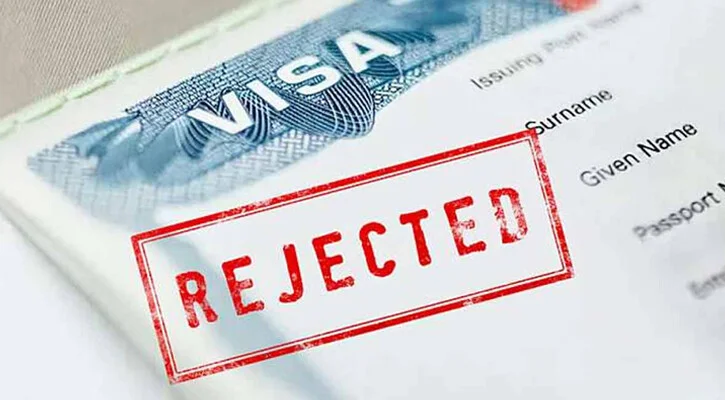Senior executives of travel businesses accused of assisting irregular migration have been subject to visa restrictions by the U.S. Department of State. This action focuses on companies in Europe, Asia, and other regions. Dismantling networks that take advantage of vulnerable migrants for financial gain is the goal of the punishments.
Global Crackdown on Exploitative Practices
The limitations on visas are a component of a larger effort to stop human trafficking. These actions have resulted in the closure of more than 70 charter flight routes. Among those impacted are essential routes that are frequently used for irregular movement between Cuba and Nicaragua.
According to Matthew Miller, a spokesman for the State Department, these limitations apply worldwide. Sanctions also target people who qualify for the Visa Waiver Program. Individuals from 16 nations in Latin America, the Middle East, Europe, Asia, North Africa, and West Africa are subject to sanctions.
Section 212(a)(3)(C) of the Immigration and Nationality Act supports the approach. This enables the United States to limit visas for individuals engaged in actions that threaten national security. The goal is to prevent public officials, private companies, and smugglers from making money off of human trafficking.
Previous Sanctions and Continuing Efforts
In 2024, transportation businesses associated with unauthorized migration from Cuba to Nicaragua were subject to stricter penalties under U.S. law. Visa restrictions applied to airline and maritime company executives. Some Cuban airlines continued to operate flights to Nicaragua using state-owned fleets despite these measures.
Sanctions against a charter flight executive linked to irregular migration were extended in June. According to officials, these actions were financially advantageous to the Ortega-Murillo administration in Nicaragua. By July, more punishments were imposed on the CEOs of travel agencies involved in human trafficking.
The United States has continuously made efforts to strengthen its stance against exploitative behaviours. Since the initiative’s inception, over 70 charter flight routes have been shut down. Routes linking Nicaragua with Cuba and Libya, two important hubs in unauthorized migrant networks, are included in this.
Impact of Sanctions on Migration
The restrictions have hampered critical routes used by traffickers and smugglers. They lessen migrant exploitation and restrict routes for unauthorized migration. The actions demonstrate the United States’ dedication to border security and peaceful migration.
The State Department has reaffirmed that no organization should make money off of migrants. These penalties send a clear message by focusing on both private businesses and organizations with ties to the government. The United States wants to hold everyone responsible for illegal migration networks.
This program demonstrates how the United States leads the world in the fight against human trafficking.
FAQS
Which areas are most impacted by these limitations on visas?
The limitations affect people in Europe, Asia, Latin America, the Middle East, North Africa, and West Africa. Important travel routes, including those connecting Cuba and Nicaragua, have been severely affected.
What safeguards are in place against the exploitation of migrants?
To mitigate migrant exploitation and facilitate orderly movement, the United States prioritizes border security, cooperation with foreign partners, and legislative frameworks, such as the Immigration and Nationality Act.



